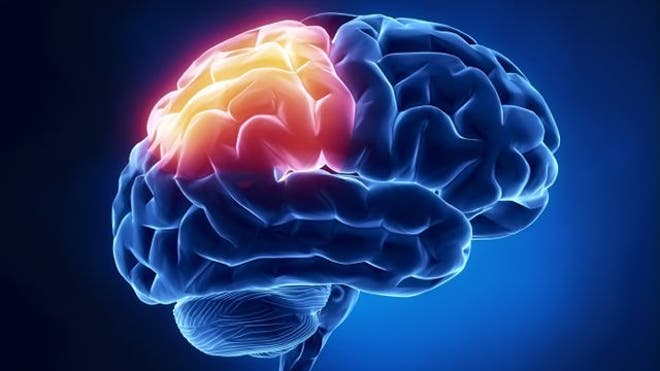
There is a common belief that walking on grass in the morning and evening is a great for your health; especially for your eyes. Have you ever wondered why? Well, here are five reasons waking on grass can do a great deal of good for your mind and body.
Rejuvenates your senses and calms the mind: The entire environment in the morning – the fresh air, sunlight and peaceful atmosphere helps you in innumerable ways. Fresh oxygen helps your body work better, sunlight helps you keep warm, replenishes your vitamin D stores and the calm atmosphere helps relax your entire body and mind, allowing you to let go of all your stress. Apart from that the green colour of grass, helps stimulate your body to produce calming hormones that help you relax
Stimulates your entire body, including the eyes: Our feet are store houses of reflexology zones that correspond to various organs of our body. According to the principles of reflexology, stimulating these points can help relieve ailments of the particular organs and keep them in a general state of good health. The foot has points for the eyes, ears, lungs, nerves of the face, stomach, spleen, brain, kidneys and many more organs, so when we walk on grass, these areas are gently stimulated, helping your entire body stay healthy. Dr Anjali Sharma, senior consultant, Naturopathy, Sri Balaji action medical institute, Delhi says, ‘When we walk on grass we stimulate the nerve endings of the foot, where thousands of nerve endings converge. These nerve endings get gently yet directly stimulated by the grass, helping the body stay in a state of equilibrium.’
Another reason for this belief is that when we walk, we put maximum pressure on the first, second and third toe. The reflexology pressure points for the eyes are present on the second and third toes, which is why walking on grass has a large number of benefits for one’s eyes.
Connects you to the earth and neutralizes your electrical energies: Dr Anjali says, ‘In naturopathy we base our treatment on the five elements of nature, out of which one of the elements is earth. The earth contains magnetic fields and has a certain flow of energy. Therefore when we walk barefoot on grass, we directly get connected to the magnetic field of the earth, which affects the entire electrical and magnetic field of our body. This exchange of energies helps neutralize negative electrical impulses in our body which are known to cause certain ailments. Therefore, cleansing our bodies of negative electrical energies definitely has a positive effect on our overall health.’
Lets you soak in the sun: When we walk on grass early in the morning we give our bodies the precious gift of ‘sun energy’. Dr Anjali says that sun energy is a great source of healing energies and restorative powers. ‘Sun energy’ – as it is called in Naturopathy – is the source of life and energy. It helps disinfect the body, tones the muscles and nerves, supplies the entire body with energy and supplies the body with the all essential vitamin D.
Dr Anjali suggests that, ‘Walking in the sun is extremely important and beneficial and one gets the maximum benefit of the sun between 6:30 to 9 in the morning and between 4:30 or 5 to about 6:30 in the evening. That being said, one should be careful not to expose themselves to harsh sunlight that we commonly see in the afternoons, as this can be damaging to the body.’
Replenishes your vitamin D stores: In recent times, osteoarthritis and other bone related diseases have become common place. Doctors say that this is mainly due to the lack of exposure to the sun. Therefore when you walk in the open – early in the morning – the sun replenishes your vitamin D stores automatically, helping you keep bone and joint diseases at bay. If you are pregnant, this vitamin is all the more important for you
Source: the Health site


